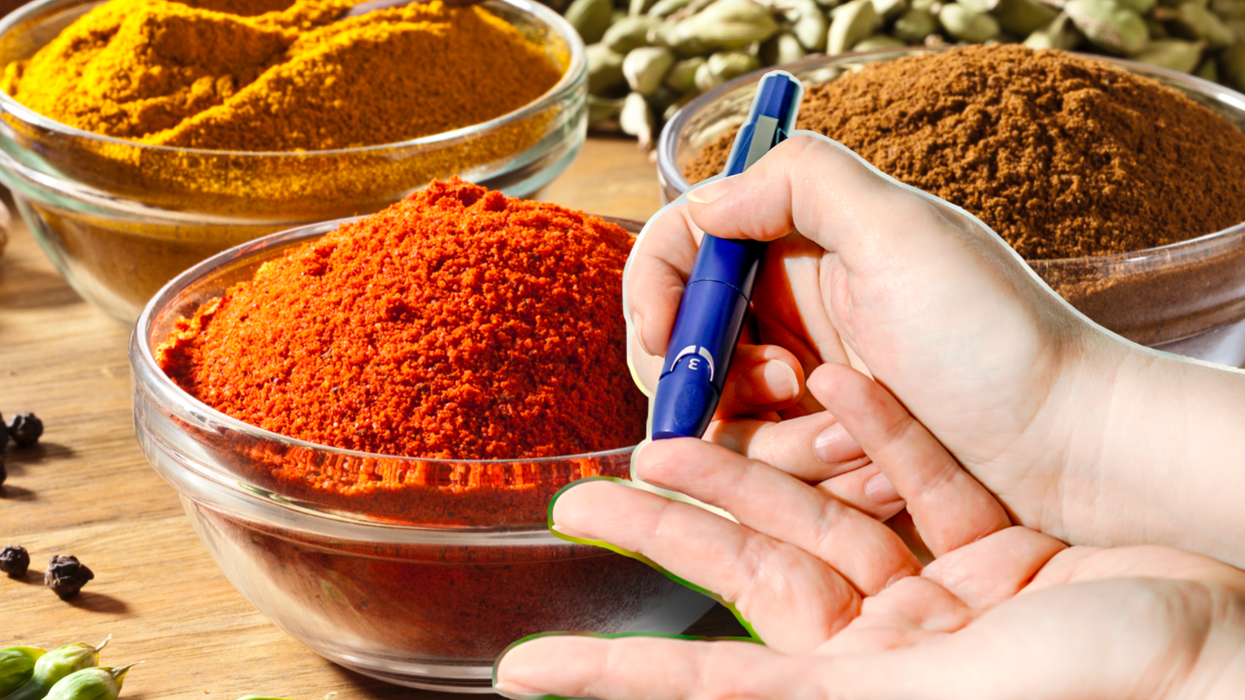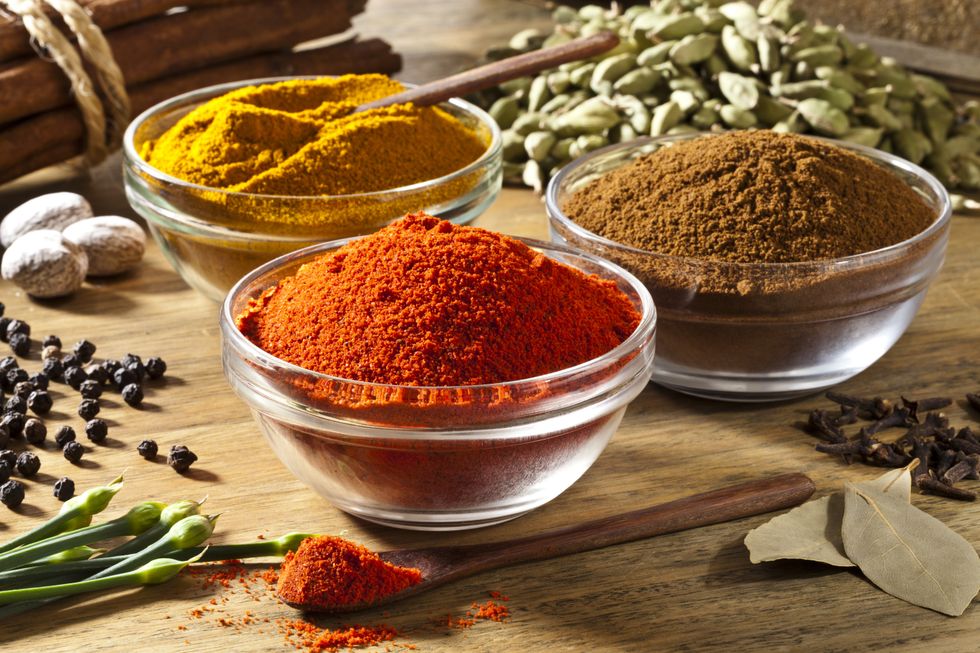Miracle 22p spice found to boost memory in multiple studies and lower blood sugar by 30%

Cinnamon found to improve cognitive function in 40 studies
|Getty Images

The spice is packed with components that can boost cognitive function, research suggests
Don't Miss
Most Read
Diabetes and poor cognitive function are uncomfortable bedfellows.
Consistently high blood sugar levels can damage blood vessels in the brain, leading to memory loss, for example.
Fortunately, cinnamon has been shown to counteract both.
The sweet but pungent spice, which is derived from the inner bark of the branches of wild cinnamon trees, has long been touted for its health benefits.
Researchers investigated whether these benefits extend to improved cognitive function.

Studies have shown that cinnamon and its bioactive compounds can influence brain function
| GETTYStudies have shown that cinnamon and its bioactive compounds can influence brain function and affect behavioural characteristics.
A systematic review of 40 studies, published in the journal Nutritional Neuroscience, explored the relationship between cinnamon and its key components in memory and learning.
Most studies reported that cinnamon might be useful for preventing and reducing cognitive function impairment.
Out of the two clinical studies analysed by the researchers, one was conducted on adolescents and the other on pre-diabetic adults who were 60 years old or younger. The first study asked the adolescents to chew cinnamon gum, while the latter asked participants to eat 2g of cinnamon on white bread.
The study on adolescents yielded positive results, suggesting that chewing cinnamon gum improved memory function and reduced anxiety.
In contrast, the clinical study on pre-diabetic adults found no significant changes in cognitive function following the consumption of cinnamon.
"It can be used as an adjuvant in the treatment of related diseases. However, more studies need to be done on this subject," researchers concluded.
Blood sugar benefits
Several small studies have linked cinnamon to improved blood sugar levels.
In one study, published in Diabetes Care, volunteers ate from one to six grams of cinnamon for 40 days. (One gram of ground cinnamon is about half a teaspoon.) The researchers found that cinnamon lowered blood sugar levels by 24 per cent.
LATEST HEALTH DEVELOPMENTS

Researchers posit that cinnamon can increase insulin sensitivity
|Getty Images
A systematic review, published in the Annals of Family Medicine, found that cinnamon consumption significantly lowered fasting plasma glucose levels, which measures blood sugar levels after fasting or abstaining from food and drink (except water) for at least eight hours.
Other studies have produced conflicting results so more research is needed to confirm this relationship.
Researchers posit that cinnamon can increase insulin sensitivity - this is key to blood sugar regulation.










